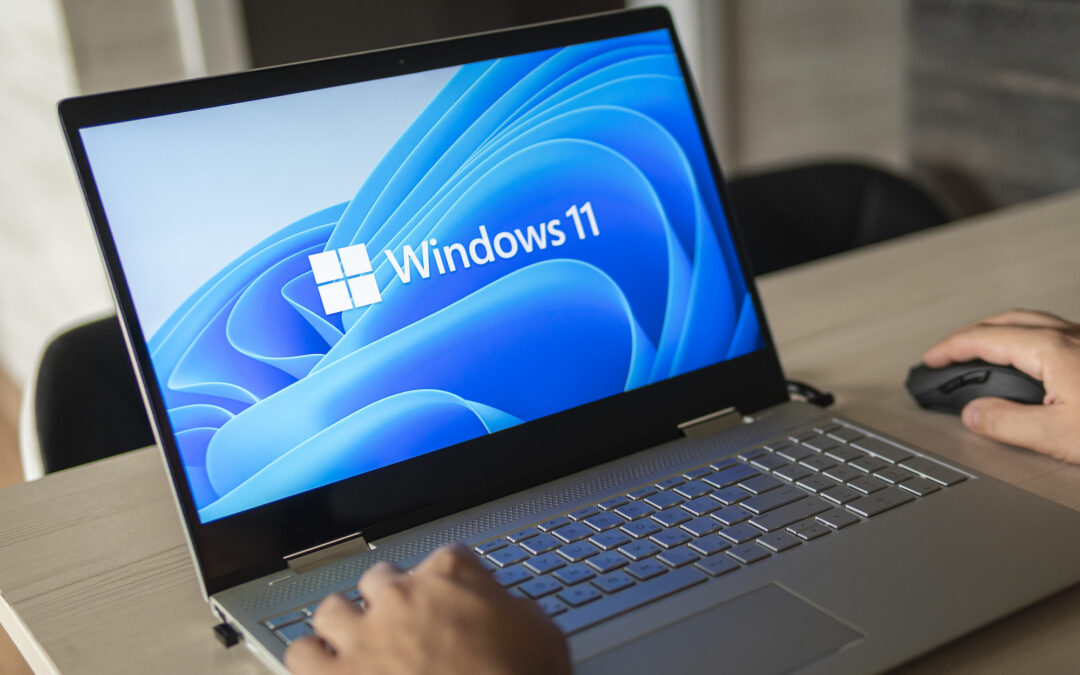Windows 11 was officially released on Oct. 5 2021 and represents the first major upgrade in six years by Microsoft. Windows 11 is currently available as a free download for existing Windows 10 users. Free sounds good, but that doesn’t mean that you should download it right now! The reality is that even if you have a compatible Windows 10 device, it might not be able to run Windows 11. So you would have to ask yourself first if you really need to upgrade to Windows 11.
As Microsoft continue to rollout Windows 11 (into at least mid-2022) it is expected that there will be a myriad of PC hardware and software configurations validated for compatibility between now and then.
By all accounts, when it is rolled out and becomes more mainstream, there is quite a lot to look forward to. There will be some exciting new features. One of which is the fact that Teams will be integrated into the Operating System (and we’re big fans of Teams in BITS!). It also appears that Microsoft are bringing Windows into a “post-2020 world” with the Hybrid-Workplace at the fore of their thinking.

Microsoft said the launch will be “phased and measured,” with new eligible devices getting the upgrade first and the rest getting offered the free upgrade sometime between October and mid-2022, depending on your hardware, age of device and other factors.
In terms of how this impacts you and your business? We suggest you do what Microsoft are doing and take a measured approach. It’s going to be a phased roll out of Windows 11 and you won’t have to upgrade to Windows 11 if you don’t want to — Microsoft will still support Windows 10 through October 2025. That’s another 4 years!
The fact that Windows 10 will be supported for that time means that you have time to plan. You can consider, and budget for, a phased upgrade or replacement of your current IT hardware estate over time. The truth is, Windows 11 is just not tested in the real world enough yet. Running the free upgrade could cause all sorts of problems for you if you have other systems that could be affected. There is a strong possibility of compatibility issues with 3rd party apps.
Talk to us to put a plan together over the coming 4 years that makes sure you’re ready for the change. If you are in situation where you need to purchase hardware now (even if it’s shipping with Windows 10 installed) make sure it would be compatible with Windows 11 in the future – thus giving you options further down the road.
Watch this video below to find out more about Windows 11

